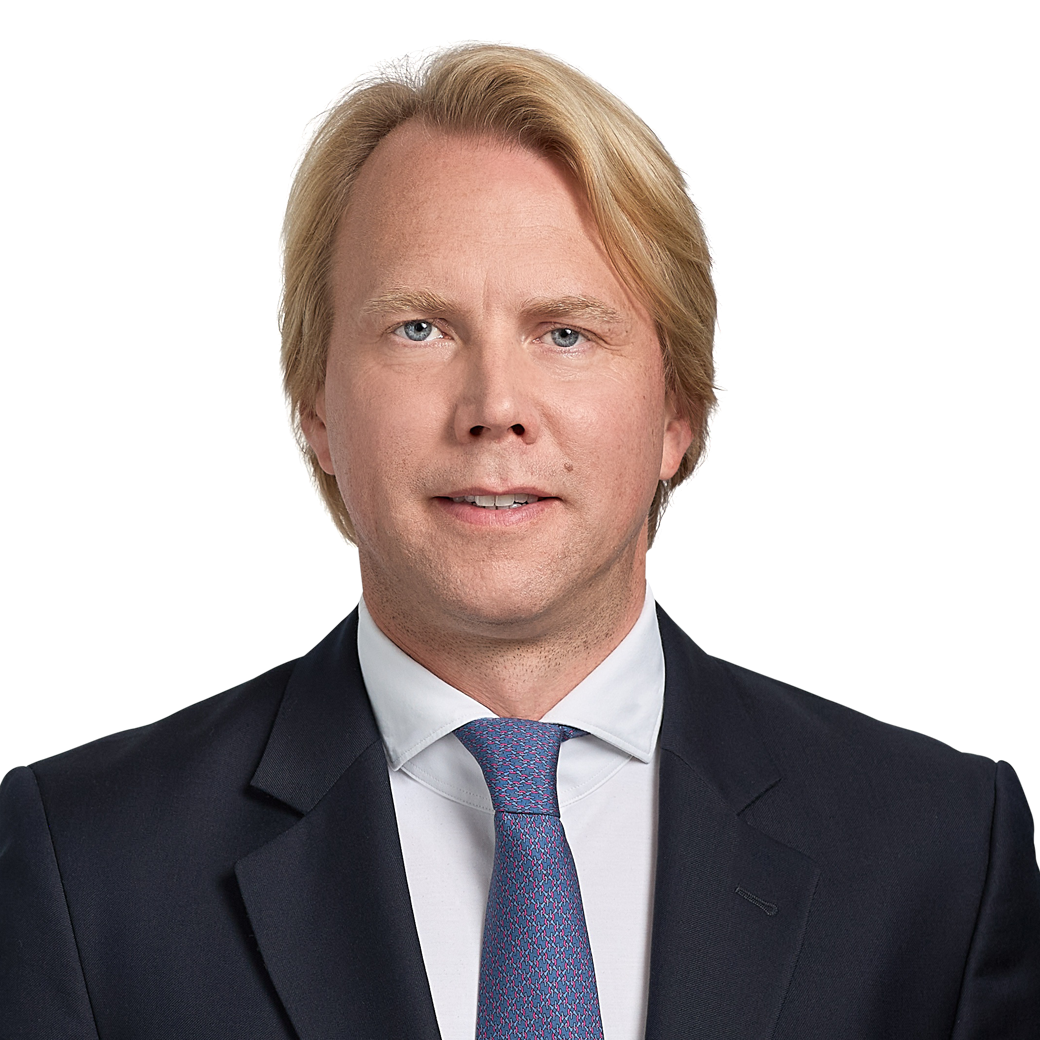US Supreme Court rules for World Wide Patent Exhaustion
Published on 2nd June 2017
In re IMPRESSION PRODUCTS, INC. v. LEXMARK INTERNATIONAL, INC. the Supreme Court of the United States (FSC) overturned long standing case law and held for the first time that US patents can be exhausted by sales abroad. In fact, the decision of 30 May 2017 adopts the principle of worldwide patent exhaustion (FSC No 15–1189).
The case is about patent infringement of remanufactured printer cartridges. Lexmark, the patentee sued Impression Products for patent infringement on the grounds that Impression Products has imported empty cartridges for remanufacturing and resale in the US. Lexmark had sold these cartridges outside the US.
A United States patent entitles the patent holder to exclude others from making, using, offering for sale, or selling its invention throughout the United States or importing the invention into the United States. Whoever engages in one of these acts “without authority” from the patentee (sale or license) may face liability for patent infringement under § 271(a) US Patent Act. When a patentee sells one of its products, however, the patentee can no longer control that item through the patent laws – its patent rights are said to “exhaust.”
Both in the US as well as in Europe it is contested whether a sale by the patentee outside the respective patent territory can lead to patent exhaustion in the patent territory. As a rule, courts deny patent exhaustion in such constellations and allow the patentee to block imports of the foreign product by claims for patent infringement. By contrast, scholars at each side of the ocean repeatedly advocated for a principle of worldwide patent exhaustion, namely for the global movement of goods.
In its landmark decision, the FSC now confirmed that “an authorized sale outside the United States, just as one within the United States, exhausts all rights under the Patent Act”.
The decision has far reaching commercial effects. In particular, the patentee may not be able to sell its products overseas for the same price as it could in the United States, and therefore is not sure to receive the reward guaranteed by American patent laws. The patent is no hurdle for importation or re-importation of foreign products. This will play particular role for products which are usually sold at different price levels in different countries such as pharmaceuticals. It will also foster the remanufacturing industries which often rely on worldwide sourcing of the so called “cores” (i.e. the used products). Exports to the US are facilitated.
The decision has no immediate effect for Europe. Currently, the European doctrine still restricts patent exhaustion to sales which have first occurred in the territory of the European Union. A patented product sold in the US may not be imported to Europe without the patentee’s consent. In some cases such consent may be implicit or at least implied by certain indices (cf. Higher Regional Court Duesseldorf, 28th April 2017 – I-15 U 68/15). Apart from that, the European doctrine allows the patentee to effectively block the import of foreign products if those are covered by European or national patents. Also, under the Unified Patent Court Agreement exhaustion is only applied to first sales in the EU territory (cf. Article 29 Agreement on a Unified Patent Court and Article 6 EC Regulation No 1257/2012). It will be interesting to see whether the US decision will influence European case law as well and contribute to a mutual perception of worldwide perception. The reasoning of the FSC applies definitely worldwide:
“The Patent Act does not guarantee a particular price. Instead, the Patent Act just ensures that the patentee receives one reward – of whatever it deems to be satisfactory compensation – for every item that passes outside the scope of its patent monopoly.”
The FSC further confirmed that contractual restrictions too may not avoid patent exhaustion after first sale. This is identical under European doctrine.
The judgement stays silent in re to another highly relevant aspect of the remanufacturing industries: Under German jurisprudence (District Court Duesseldorf, 7th January 1956, 4 O 153/55 – Rebuilt Pumps, last confirmed in Higher Regional Court Duesseldorf, 29th April 2016, I-15 U 47/15; further Federal Supreme Court, 21st November 1958, I ZR 129/57 – Foerderrinne), the remanufacturer may not disassemble original products and re-create the patented product by a combination of spare parts from the dissembled products. Only the repair of the original product is allowed. Otherwise its activity is not covered by the exhaustion doctrine anyway (so called “pillar theory”). This is similar in other European jurisdictions. In this constellation, it is irrelevant to the courts whether the patentee consented to the sale of the product in the beginning because no such product exists anymore. Due to the full dismantling of the original and reusing its components in different products, the marketed product is no longer identical with the original which was put onto the market. The courts found that there is no difference to the new and infringing production of the patented product.



